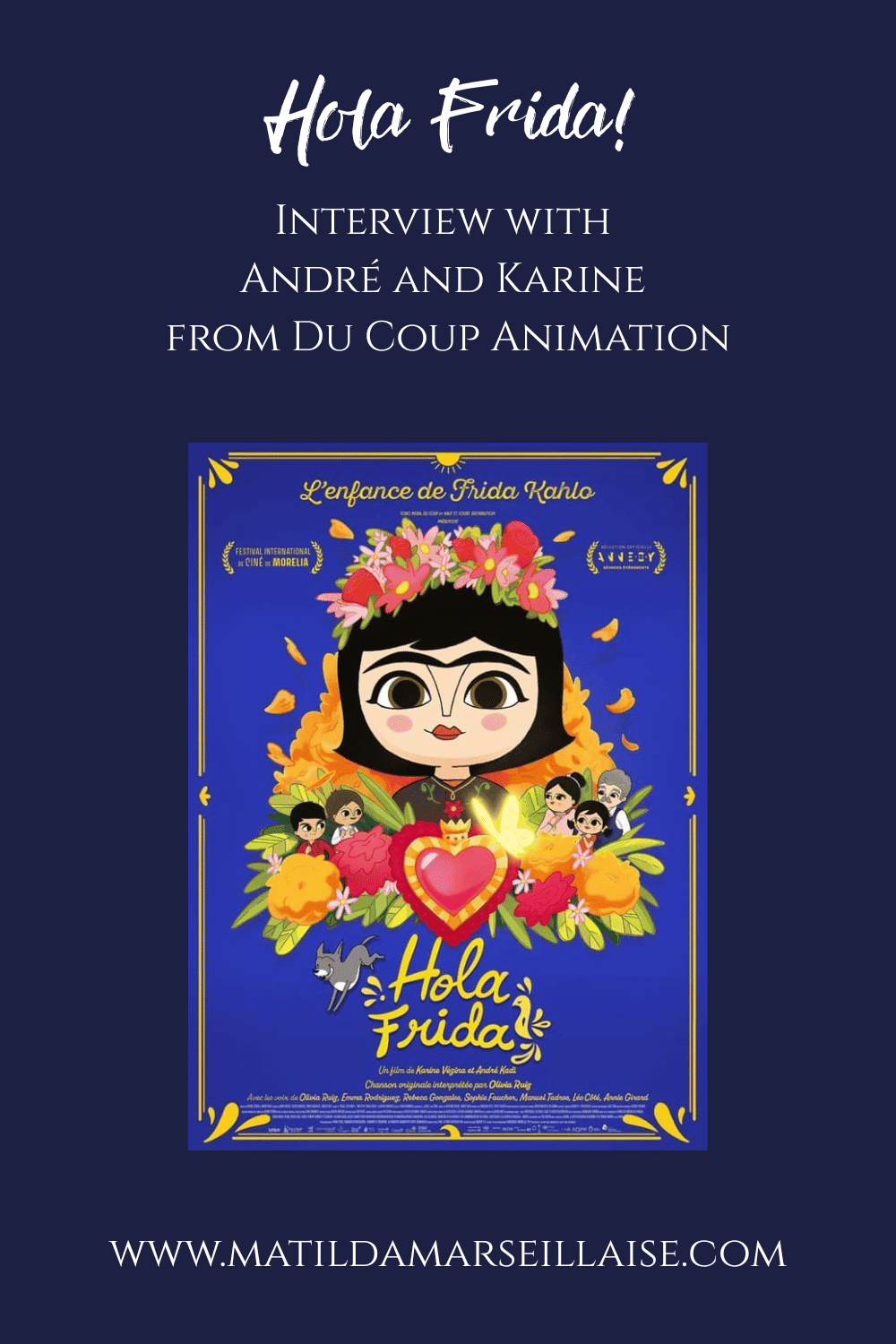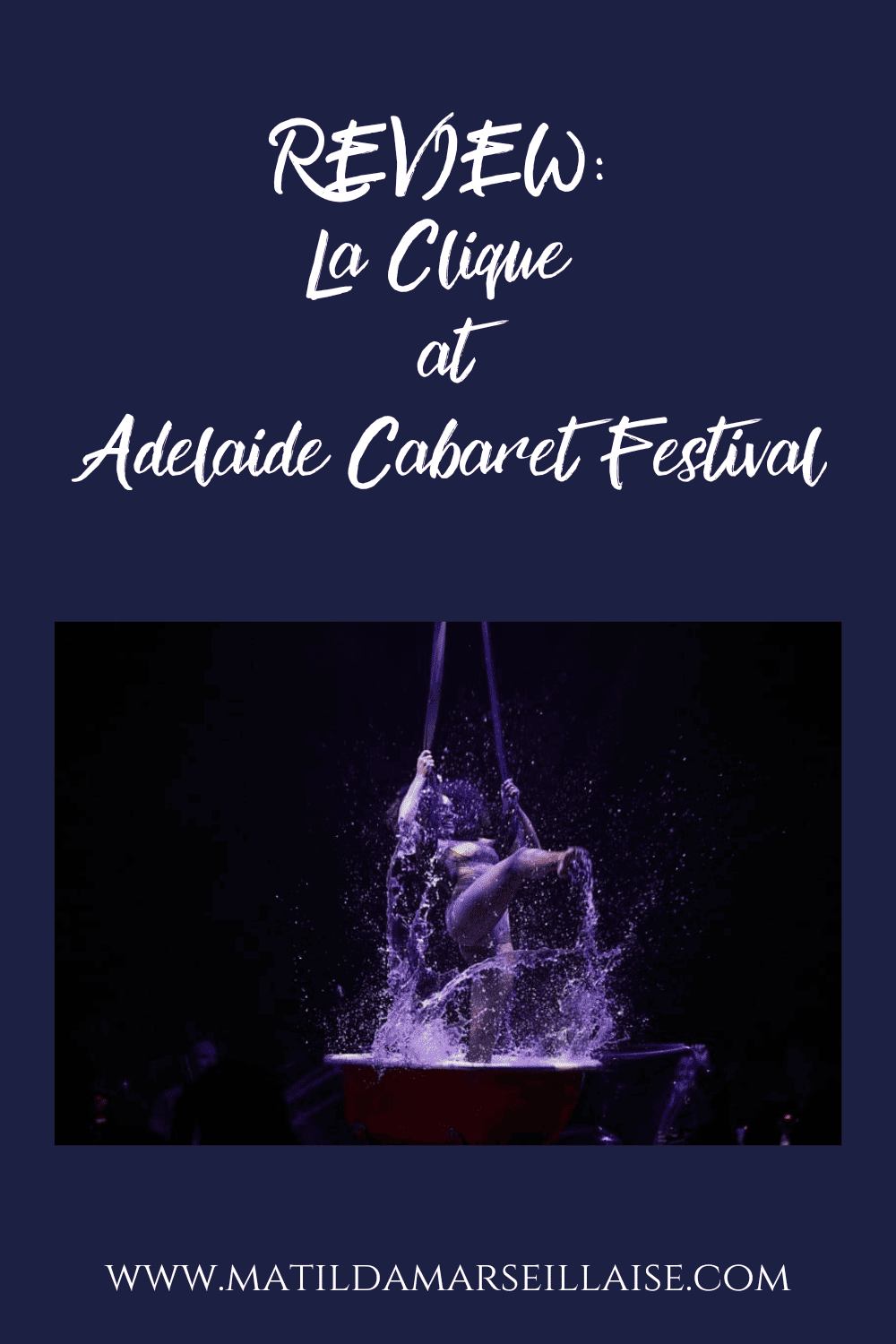Apolonia, Apolonia isn’t just a documentary about an artist. It is also a documentary about the director, her friendship with the artist, an infamous Paris theatre and Oksana Shachko, a feminist activist with the group Femen, who was banished from her home country, Ukraine.

The film documents the struggles of Apolonia Sokol, a talented young female artist striving to produce works which are to the standard necessary to be selected for an exclusive exhibition among graduates of the École Nationale Supérieure des Beaux-Arts in Paris.
Sokol is no ordinary artist – she grew up quite literally in the theatre – her parents transformed an old laundromat into a theatre, that they named the Lavoir Moderne Parisien, and lived upstairs. Throughout the documentary we see the heady bohemian life that she leads with creatives constantly in her life. It’s easy to see why director Lea Glob says “no motif has caught my eye like her”. She has a striking appearance with big eyes that draw you in and a Frida Kahlo-esque brow. Beyond her appearance, Apolonia is captivating in every moment we see her, whether happy or sad.
The documentary spans a remarkable 13 years and takes us to Paris, Copenhagen, Los Angeles, and Poland as we follow Apolonia’s life and travels. It is also in multiple languages as Apolonia speaks to people in those different countries. Sokol speaks in in French with those in France, in Danish with the director, and English with Oksana and when in the USA.

We follow Apolonia through her struggles trying to make it big as an artist with barely any money to her name. The infamous art buyer Simchowitz, called the Patron Satan by The New York Times (read that article here) provided Apolonia with a studio, but she must work day and night to produce works. She tells him she can create 10 works a month, whereas, in reality she normally only produces four. We see Apolonia as a living example of the starving artist. She sees that “The only way out is to be really good” and thus she strives to be recognised as good enough to appear on exhibition walls and to be purchased by art buyers.
Apolonia’s struggles are not just as an artist but especially as a female artist – she feels in order to make art she has to relinquish the idea of motherhood. She doesn’t see a way to care for a child and to produce art. Her father questions whether young women not wanting children is a feeling shared by most of her generation.
Apolonia, Apolonia is unlike any other documentary we have seen – it is rare for a documentary to show the person behind the camera and their relationship to the subject. In turning the camera on herself at times, Lea Glob revealed a strong relationship between these young women as they go through various stages of their lives.

The film won the prize for Best Nordic Documentary at Nordisk Panorama. It was also awarded a Firebird Award in the Hong Kong International Film Festival, and best film at the International Documentary Film Festival Amsterdam. It is easy to see why.
The documentary inspired us to research what was portrayed in the film and to discover more about Apolonia Sokol, what has become of the Femen movement, and the Lavoir Moderne Parisien theatre. Being inspired to research after watching a documentary speaks to the way in which it captured our attention and sparked our interest. By the end of Apolonia, Apolonia, you too will find yourself wanting to find out more about the fascinating people depicted in it.
Lea Glob’s Apolonia, Apolonia is an intelligent, beautiful documentary that shows not only the struggles of making it as an artist but of being a woman in a man’s world. It also celebrates female friendships and is a film we strongly recommend you watch.
![]()
5 CROISSANTS
Matilda Marseillaise was a guest of Adelaide Film Festival
P.S. While filming on Apolonia, Apolonia started before her other films, Lea Glob released two other films, Love Child and Olmo & the Seagull before the release of this one, making it her third film.
Read our other review of another Adelaide Film Festival selection below:
On the Adamant is a moving documentary about a Parisian day centre with a difference





